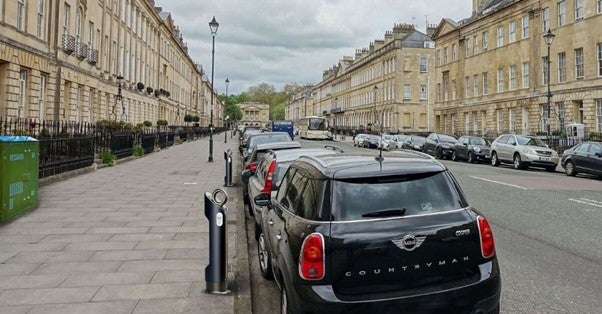
Despite the delayed ban on the sale of new petrol and diesel cars from 2030 to 2035, UK carmakers still have to meet unchanged electric vehicle (EV) sales targets starting in January, the Financial Times (FT) reported.
The UK government’s original announcement in November 2020, by then-prime minister Boris Johnson, had said: “Between 2030 and 2035, new cars and vans can be sold if they have the capability to drive a significant distance with zero emissions (for example, plug-in hybrids or full hybrids), and this will be defined through consultation.”

Discover B2B Marketing That Performs
Combine business intelligence and editorial excellence to reach engaged professionals across 36 leading media platforms.
After the announcement of the ban extension earlier this week, government officials contacted industry figures to tell them planned targets would remain unchanged.
The industry is concerned the EV sales targets are now more challenging as the delay could discourage consumers from adopting them.
The UK’s EV sales scheme requires automaker to progressively sell a higher percentage of electric vehicles each year. Failure to do so could result in fines.
The initial target of 22% of sales by 2024 and the goal of 80% for 2030 would remain, the FT said.
Interim targets, including one that requires over half of new car sales to be EVs by 2028, could be modified.
The FT said ministers were confident the scheme’s flexibility would prevent companies from facing penalties.
However, the Society of Motor Manufacturers and Traders (SMMT) raised concerns about declining consumer demand for EVs, citing factors such as high prices and the inadequate charging infrastructure.






